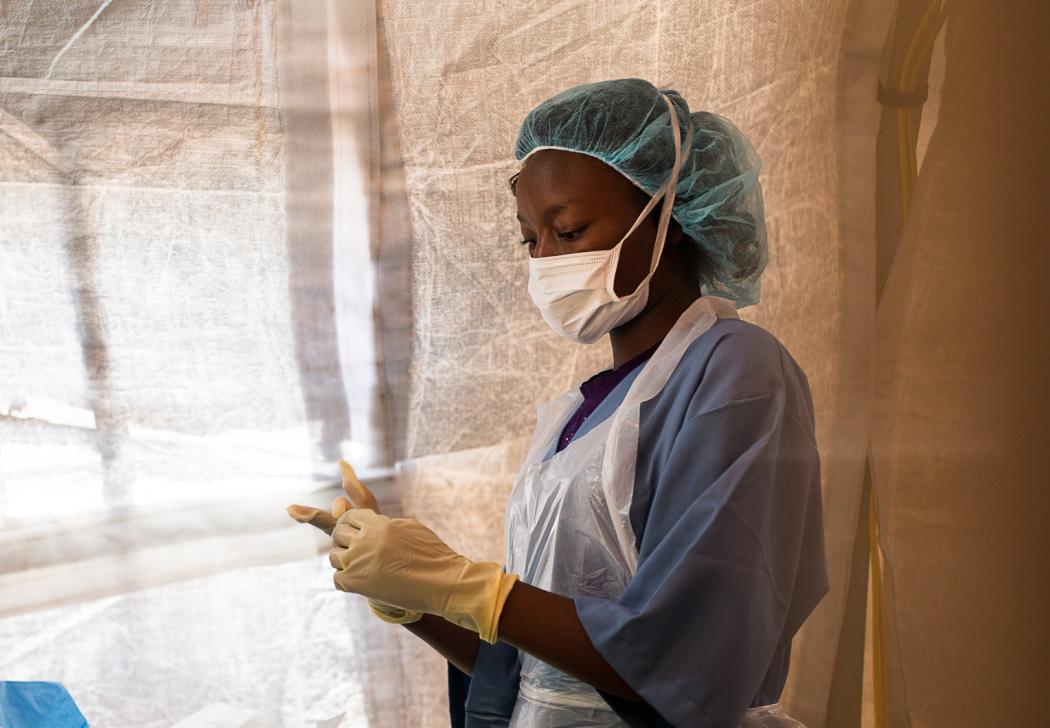10 Global Health Issues to Watch in 2021

COVID-19 stole the headlines in 2020—and revealed that most countries were vastly underprepared for a pandemic.
But it also shed light on incredible human ingenuity and fortitude. We saw frontline health workers navigate a deluge of COVID cases while also trying to keep crucial services available. We saw the fastest vaccine development in history. And we saw more clearly than ever our need for stronger supply chains, better mental health services, and new ways to fight misinformation.
These are just a few of the big global health issues that we at IntraHealth International will be watching and responding to in 2021. Read on for more.
1. The global COVID vaccine rollout
While vaccines are already being deployed in the United States, the United Kingdom, Israel, and European Union nations, the rollout in other countries is lagging.
“The promise of equitable access is at serious risk,” said WHO Director-General Tedros Adhanom Ghebreyesus on January 18, 2021. “More than 39 million doses of the vaccine have now been administered in at least 49 higher-income countries. Just 25 doses have been given in one lowest-income country. Not 25 million; not 25 thousand; just 25.”
Vaccinating most of the global population may take years and millions of health workers. The WHO estimates that deploying vaccines to just 20% of global population will require about 1.1 million full-time-equivalent health workers.
Health workers must be at the front of the line for vaccine.
“Health workers must be at the front of the line for vaccines around the world,” says Andrew Brown, senior director of health workforce development at IntraHealth International. “So they can safely get on with the crucial business of providing it—along with other crucial health services—to their communities.”
So far, the COVAX Facility has secured around one billion doses for people living in the world’s 92 low- and middle-income countries. In 2021, vaccine producers will need to do more to quickly manufacture and provide affordable doses and national governments will need to address ”vaccine nationalism,” a mindset that is spurring countries to buy up many more doses than they actually need for their citizens, leaving other countries in the lurch.
